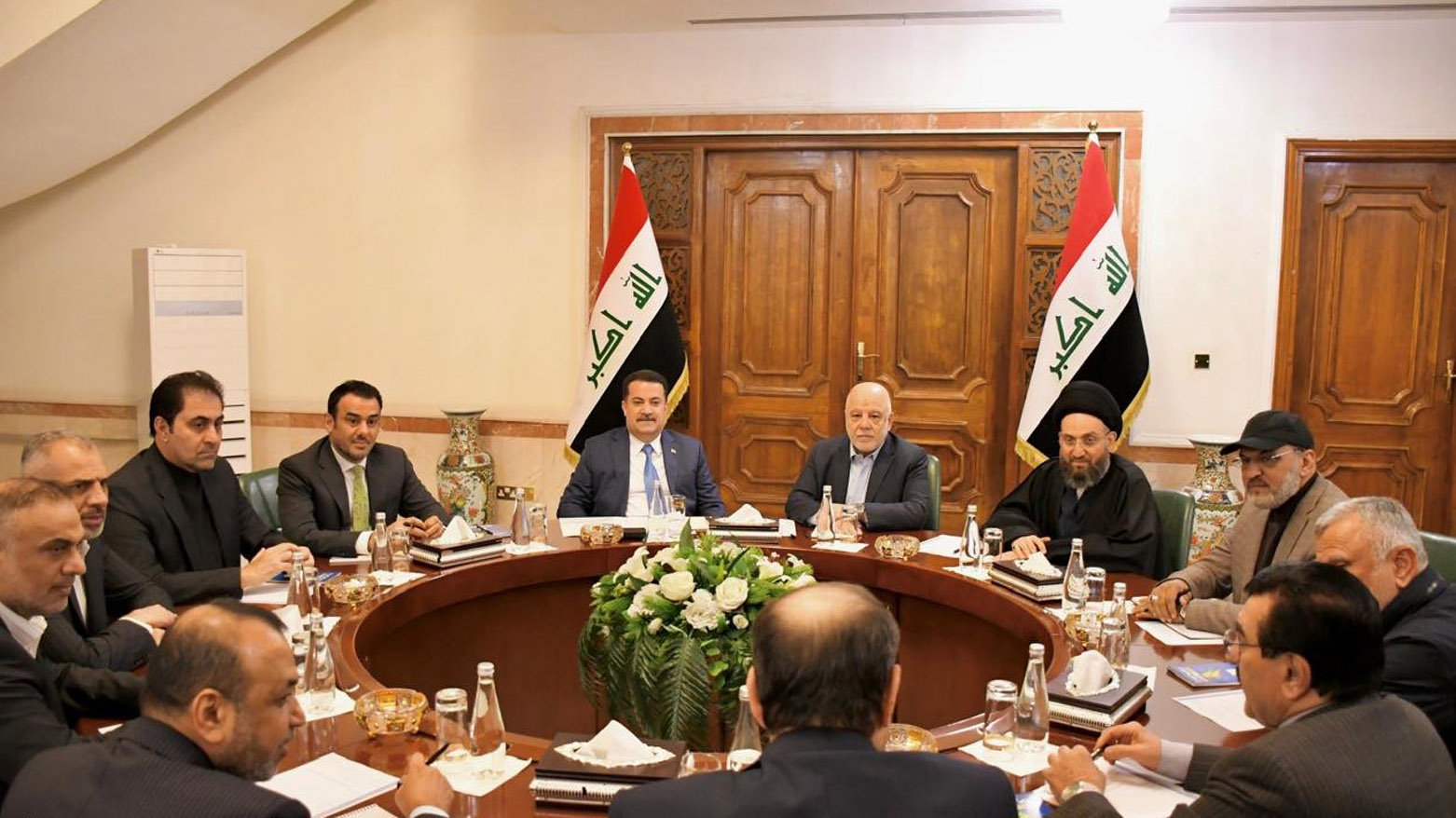Shiite Rivalry Heats Up Over Iraq’s Next Prime Minister Post Ahead of November Elections
At the center of the unfolding power struggle are current Prime Minister Mohammed Shia al-Sudani, Hadi al-Amiri, head of the Fatah Alliance, Nouri al-Maliki, leader of the State of Law Coalition, and Asaad al-Eidani, Governor of Basra.

ERBIL (Kurdistan24) – As Iraq prepares for its upcoming parliamentary elections scheduled for November 11, 2025, deepening rivalries among leading Shiite factions are intensifying the contest over who will become the country’s next prime minister. According to local political sources, the competition within the Shiite camp has grown fiercer than in previous election cycles, with multiple prominent figures eyeing the top executive post.
At the center of the unfolding power struggle are current Prime Minister Mohammed Shia al-Sudani, Hadi al-Amiri, head of the Fatah Alliance, Nouri al-Maliki, leader of the State of Law Coalition, and Asaad al-Eidani, Governor of Basra. All four are considered serious contenders, and their allies have begun mobilizing political and media campaigns ahead of the vote.
According to the Iraqi Independent High Electoral Commission, preparations for the election are on track, and there are currently no indications that the vote will be postponed.
Recent reports and social media statements have shed light on internal disagreements within the Shiite Coordination Framework (SCF) — the umbrella group of mainly Shiite parties — regarding Sudani’s potential second term.
Abu Turab al-Tamimi, a senior figure in the Badr Organization, revealed that the group is working to nominate Hadi al-Amiri for the premiership.
“Amiri is a non-sectarian figure and distant from divisive politics,” Tamimi stated. He suggested that the next prime minister might emerge through a last-minute consensus, similar to the surprise nomination of Mustafa al-Kadhimi in 2020.
While election campaigns have not yet officially begun, the Shiite power centers are actively maneuvering behind the scenes to secure influence in the upcoming government. With Sudani’s tenure being both praised and criticized from within his own political camp, it remains uncertain whether he can withstand the internal opposition or if a compromise candidate will ultimately emerge.
The weeks leading up to the November elections promise to be turbulent, as Iraq’s Shiite blocs grapple with internal fractures, regional pressures, and public demand for more accountable leadership.
